If you’ve ever watched your toddler pile blocks sky-high or insist on wearing a cape to breakfast, you’ve seen learning through play in action. This kind of learning doesn’t need structure or lesson plans. What it really needs is your time, your patience—and sometimes, your sense of humor.
“I think that good parenting should allow children to be children. That naivety and slightly open way of looking at the world is very valuable.” — Robert Winston
Why learning through play works
Research shows that toddlers between ages 1–4 build language, problem-solving, and motor skills best when play leads the way. Play strengthens brain connections, helps children make sense of the world, and deepens bonds with caregivers (Harvard Health, 2023).
And while parents may feel pressure to “teach,” it’s worth remembering: kids already come wired to learn. Your role is to show up, join in, and keep it safe.
Try This: Let your toddler “help” set the table. Yes, the spoons may end up in the toy box, but that’s coordination practice in disguise.
Reflect: Are you letting your toddler’s curiosity lead, or do you jump in too fast to fix things?
Humor is part of the lesson
Here’s the secret sauce parents don’t always hear—being silly counts as teaching. Dads especially shine here.

Think about it: goofy voices during storytime, pretending the laundry basket is a race car, or making animal noises at dinner. All of it sparks laughter, connection, and confidence.
Play is also your chance to let your child take the lead. If your toddler decides their stuffed giraffe is suddenly a firefighter, roll with it. You don’t need to run the show—your job is to support, guide, and make sure they’re safe while they make sense of their world.
Try This: Next bath time, let your toddler boss you around with the rubber duck. Just be the backup actor—they’ll do the directing.
Reflect: When was the last time you let your child’s humor shape the game?
Everyday moments for busy parents
Not every parent has endless hours for play, and that’s okay. Short, silly bursts of interaction matter just as much as long sessions. Here are a few quick ways to fit learning through play into a busy day:
- Make sock puppets while folding laundry.
- Turn toothbrushing into a monster chase.
- Count how many “crashes” your block tower can survive.
- Race to see who can pick up toys the fastest.
- Dance to one favorite song before bedtime.
“Children are naturally creative. It is our job to give them the freedom, materials & space to let their creativity blossom to its full potential.” — Jean Van’t Hul
Studies show these small, consistent interactions boost early math, language, and social skills while lowering family stress (American Academy of Pediatrics, 2020). Ready to take out the stress in every day parenting moments?
Frequently Asked Questions
Do I need to be “funny” for play to work?
Not at all. Humor helps, but what matters most is being present and engaged.
What if I don’t have much time?
Even 10 minutes of focused play a day can make a big impact on your toddler’s development.
Can silly games really teach my child?
Yes! Pretend, humor, and imagination build language, problem-solving, and social-emotional skills.
Closing thoughts
Learning through play works because it’s natural. You don’t have to be a perfect teacher—sometimes you just need to be silly, patient, and willing to follow your child’s lead. Every laugh, every mess, every make-believe game builds skills for life. At Parent Pathways Academy, we believe parents are their child’s first and most powerful teachers. Our parenting guides and family resources are here to help you turn everyday moments into playful lessons that stick.
References
Centers for Disease Control and Prevention. (2023). Early brain development and health. CDC. https://www.cdc.gov/child-development/early-brain-development
American Academy of Pediatrics. (2020). The power of play: A pediatric role in enhancing development in young children. Pediatrics, 142(3). https://doi.org/10.1542/peds.2018-2058

